When selecting flooring for your business, it’s essential to consider factors such as durability, aesthetics, and maintenance. Two popular options that often come to mind are floor tiles and vinyl. Both offer their own set of benefits and drawbacks. In this article, we will dive into the details of each to help you make an informed decision for your business. Durability: One of the primary considerations when choosing a flooring option is durability. Floor tiles, usually made of materials such as ceramic, porcelain, or natural stone, are known for their strength and longevity. They can withstand heavy foot traffic, repeated impact, and resist chipping and cracking. Tiles are an excellent choice for commercial spaces that receive high volumes of visitors or use heavy equipment. On the other hand, vinyl flooring offers good durability as well, especially when installed correctly and maintained appropriately. Vinyl is a synthetic material that is resistant to stains, scratches, and moisture. It is an excellent choice for spaces where spills or moisture are common, such as commercial kitchens or bathrooms.
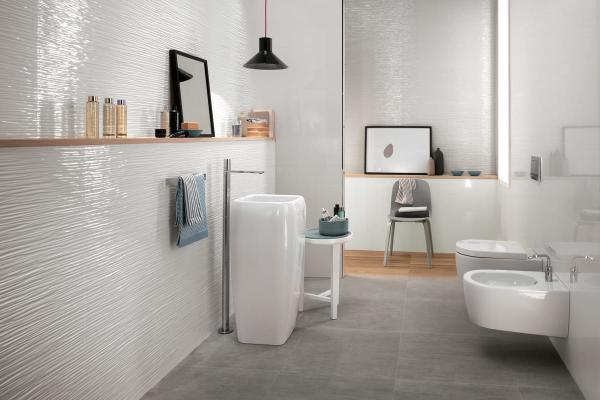
.
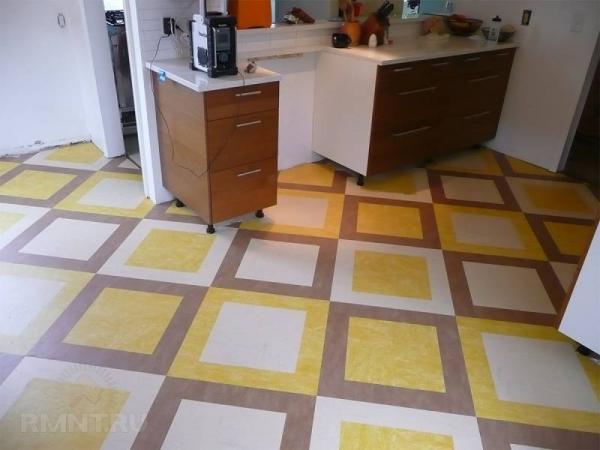 Aesthetics: The visual appeal of your business space is crucial in creating a positive impression on customers. Floor tiles come in a wide array of designs, colors, and patterns, allowing you to choose a style that matches your brand’s image. Additionally, tiles can mimic natural materials like marble or wood, giving your space a luxurious look without the associated costs. Vinyl flooring has also come a long way in terms of aesthetics. It now comes in varieties that closely resemble real wood or stone. The advantage of vinyl is that it can be manufactured to replicate natural materials at a fraction of the cost. Maintenance: Another critical factor to consider is the maintenance required for each flooring option. Floor tiles are relatively easy to clean, as they are resistant to stains and water damage. Regular sweeping, mopping, and periodic sealing will keep them looking clean and vibrant for years to come. Vinyl flooring is even more low-maintenance.
Aesthetics: The visual appeal of your business space is crucial in creating a positive impression on customers. Floor tiles come in a wide array of designs, colors, and patterns, allowing you to choose a style that matches your brand’s image. Additionally, tiles can mimic natural materials like marble or wood, giving your space a luxurious look without the associated costs. Vinyl flooring has also come a long way in terms of aesthetics. It now comes in varieties that closely resemble real wood or stone. The advantage of vinyl is that it can be manufactured to replicate natural materials at a fraction of the cost. Maintenance: Another critical factor to consider is the maintenance required for each flooring option. Floor tiles are relatively easy to clean, as they are resistant to stains and water damage. Regular sweeping, mopping, and periodic sealing will keep them looking clean and vibrant for years to come. Vinyl flooring is even more low-maintenance.
..
 It is resistant to scratches, stains, and moisture, making it easy to clean with a simple mop and water. However, caution should be exercised with vinyl flooring, as certain cleaning agents or excessive heat can damage the surface. Installation and Cost: When it comes to installation, floor tiles require more time and effort. They need to be laid individually, and the process often involves leveling the subfloor and grouting. This can result in higher installation costs and longer wait times before your business is operational. Vinyl flooring, on the other hand, is relatively quick and easy to install. It can be done in a floating method where the planks or tiles are interlocked or can be glued down. This makes vinyl flooring a cost-effective option overall, especially considering the reduced labor costs.
It is resistant to scratches, stains, and moisture, making it easy to clean with a simple mop and water. However, caution should be exercised with vinyl flooring, as certain cleaning agents or excessive heat can damage the surface. Installation and Cost: When it comes to installation, floor tiles require more time and effort. They need to be laid individually, and the process often involves leveling the subfloor and grouting. This can result in higher installation costs and longer wait times before your business is operational. Vinyl flooring, on the other hand, is relatively quick and easy to install. It can be done in a floating method where the planks or tiles are interlocked or can be glued down. This makes vinyl flooring a cost-effective option overall, especially considering the reduced labor costs.
…
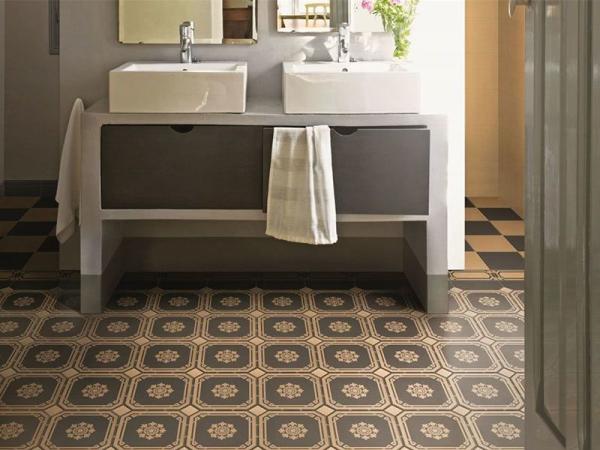 Conclusion: In the battle between floor tiles and vinyl, both options have their merits. Floor tiles provide durability, a wide range of design options, and are known for their timeless appeal. They are particularly ideal for businesses that need strong and long-lasting flooring. Vinyl flooring offers its own set of advantages, including durability, a variety of designs, low maintenance, and cost-effectiveness. It is a suitable option for commercial spaces that have frequent spills or moisture exposure. Ultimately, the choice between floor tiles and vinyl will depend on your business’s specific needs, budget, and aesthetic preferences. Considering factors such as your business type, foot traffic, and maintenance capabilities will help you make the best decision to enhance your business space and leave a lasting impression on your customers.
Conclusion: In the battle between floor tiles and vinyl, both options have their merits. Floor tiles provide durability, a wide range of design options, and are known for their timeless appeal. They are particularly ideal for businesses that need strong and long-lasting flooring. Vinyl flooring offers its own set of advantages, including durability, a variety of designs, low maintenance, and cost-effectiveness. It is a suitable option for commercial spaces that have frequent spills or moisture exposure. Ultimately, the choice between floor tiles and vinyl will depend on your business’s specific needs, budget, and aesthetic preferences. Considering factors such as your business type, foot traffic, and maintenance capabilities will help you make the best decision to enhance your business space and leave a lasting impression on your customers.

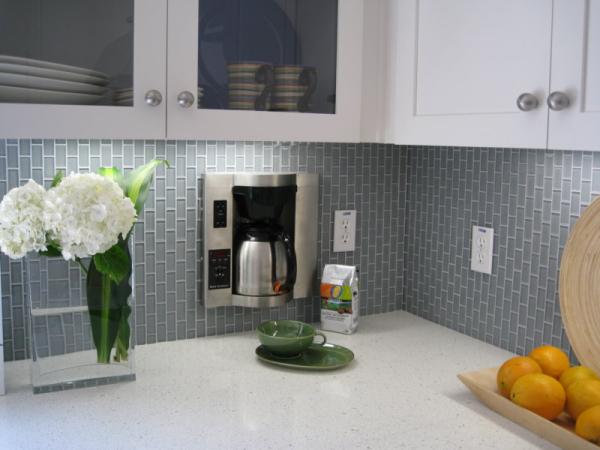
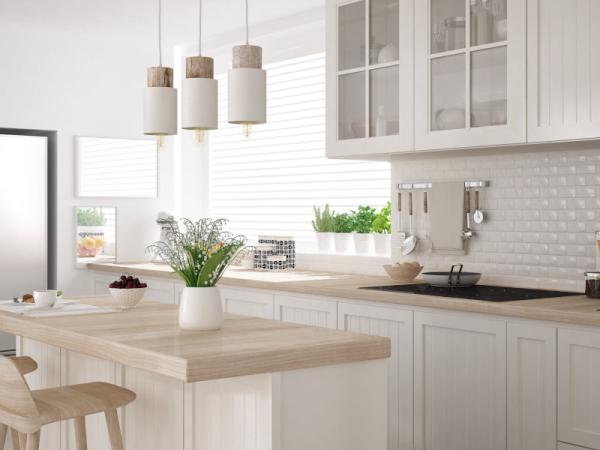
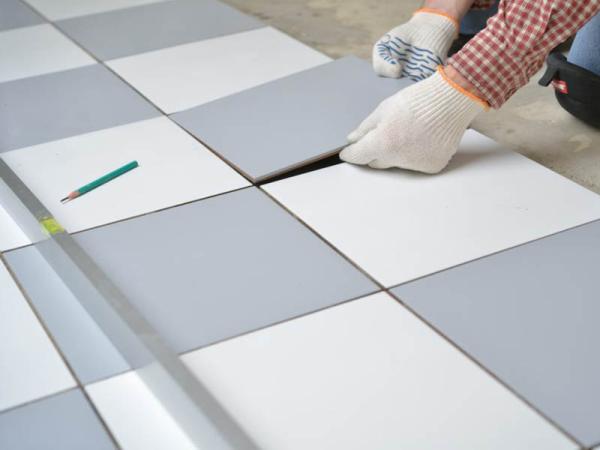
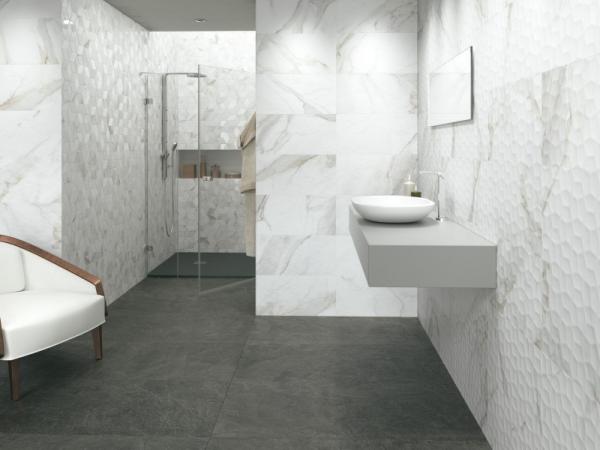
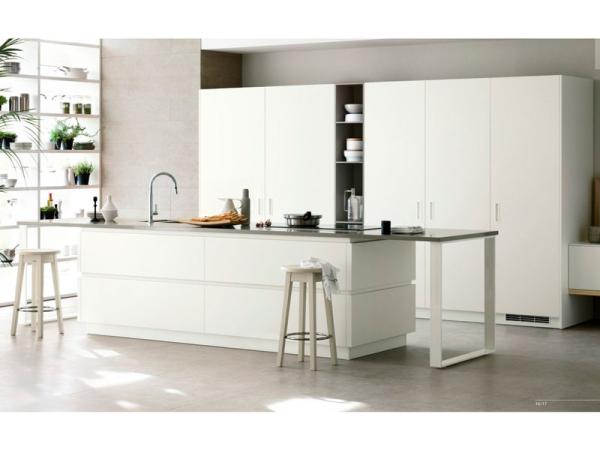
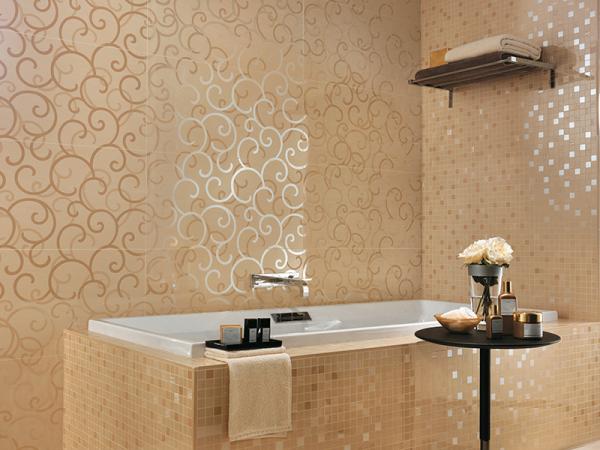
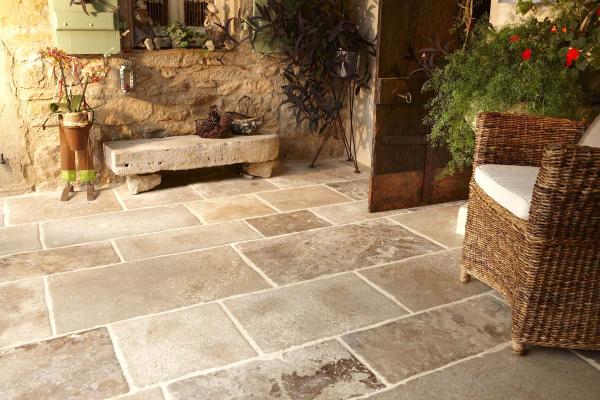
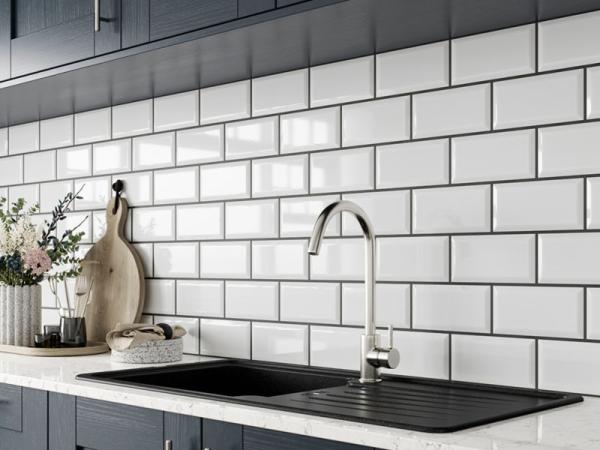
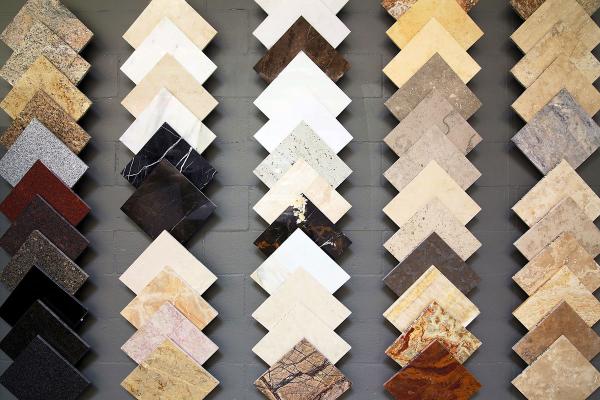
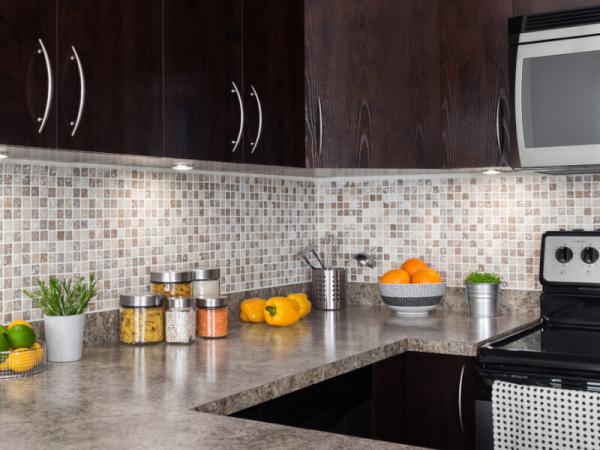
Your comment submitted.